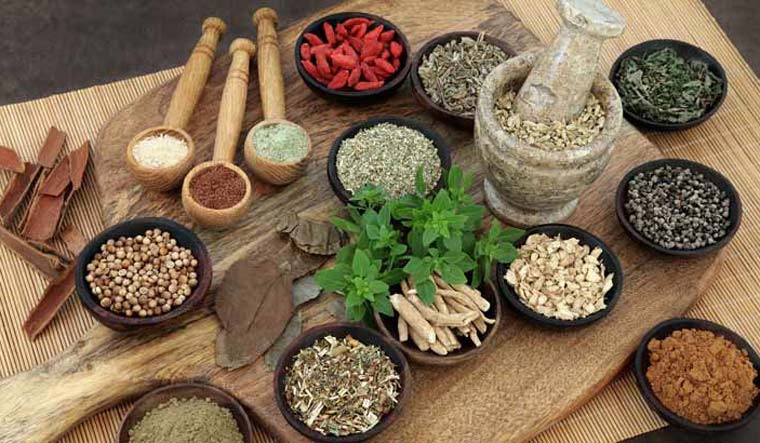India’s traditional medicine and healthcare system are drawing attention from across the globe, prompting the government to come out with a new category of visa—‘Ayush Visa.’ The framework for this special visa was being drawn and is likely to come out soon.
“The Ayush visa will facilitate global access to Indian traditional medicine systems and will usher in a new era of comprehensive healthcare. The framework for this visa was being prepared,” Vaidya Rajesh Kotecha, secretary, ministry of Ayush, said. The Ayush visa will help those who come to India to attend Yoga retreats and seek traditional healthcare. It will also help in the promotion of Indian system of knowledge.
Kotecha was addressing a press conference ahead of the first global traditional medicine summit to be jointly hosted by the World Health Organisation (WHO) and ministry of Ayush, in Gandhinagar, Gujarat, on Thursday and Friday. The two-day conference will be attended by health ministers from 29 countries. It is expected to be one of the largest gatherings of its kind, bringing together participants from over 90 countries, distinguished members of academia, government representatives and significant players from the traditional medicine sector.
The WHO had set up WHO Global Centre for Traditional Medicine, in Jamnagar, which was inaugurated in 2022. Kotecha said this was the UN’s first and largest traditional medicine outpost in any developing country. The two-day conference will discuss issues like traditional medicine, its linkages with digital progress, integrative health, framing a definition for such traditional medicine, and the legal issues for devising regulatory framework for traditional medicine. As health experts from various countries gather, there will be sharing of experience on how those countries use traditional medicine in their healthcare systems.
The conference will also define work for the global centre set up in India last year. The centre will look into collaborations with other medical streams, and look at generating evidence and research, as it will provide mentoring role.
A joint declaration will also be made at the end of the conference. This conference is part of the G20 health ministers conference being held at the same venue.
Additional health secretary Dr Lav Agarwal, during the press conference, provided an overview of India’s healthcare sector and its progress, as well as the challenges it faces and its current priorities. With India holding the current G20 presidency, he highlighted the nation’s strengths in healthcare and urged for efforts to be focused on maximising its contribution to the global healthcare sector.
Kotecha said one of the summit’s most noteworthy features will be the Ayush Exhibition Zone, an immersive experience with innovative and interactive kiosks.
Kotecha added that work on traditional medicine systems is ongoing in multiple directions on multiple platforms. Ayush facilities are co-located in over 25,000 centres of the National Health Mission. “Ayush today is being employed in critical health intervention alongside mainstream healthcare in combating diseases like Cancer, TB, communicable diseases and woman and child health,” he claimed.
Ayush departments were being set up in all the AIIMS which will help in integrating the traditional health medicine knowledge with the mainstream health care.



